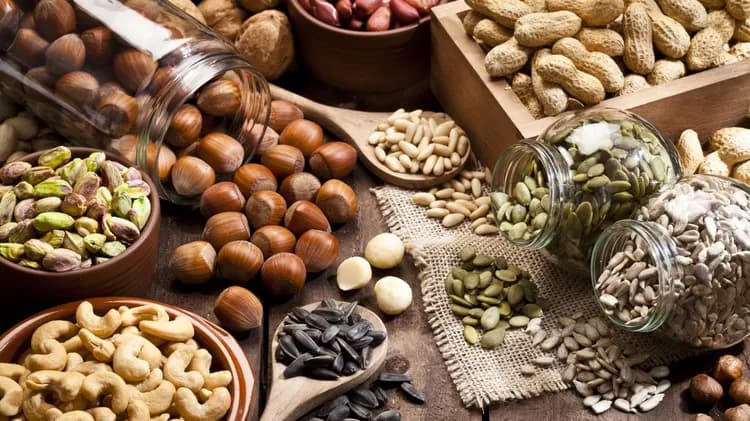
For Older Adults, Does Eating Enough Protein Help Delay Disability?
To live successfully and independently, older adults need to be able to manage two different levels of life skills: basic daily care and basic housekeeping activities.Basic daily care includes feeding yourself, bathing, dressing, and going to the toilet on your own.
You also need to handle basic housekeeping activities, such as managing your finances and having the mobility to shop and participate in social activities.
If you or someone you care for has trouble performing these two types of life skills, this may bring on problems that can reduce quality of life and independence. People 85-years-old and older form the fastest-growing age group in our society and are at higher risk for becoming less able to perform these life skills. For this reason, researchers are seeking ways to help older adults stay independent for longer. Recently, a research team focused their attention on learning whether eating more protein could contribute to helping people maintain independence. Their study was published in the Journal of the American Geriatrics Society.
Protein is known to slow the loss of muscle mass. Having enough muscle mass can help preserve the ability to perform daily activities and prevent disability. Older adults tend to have a lower protein intake than younger adults due to poorer health, reduced physical activity, and changes in the mouth and teeth.
To learn more about protein intake and disability in older adults, the research team used data from the Newcastle 85+ Study conducted in the United Kingdom (UK). This study's researchers approached all people turning 85 in 2006 in two cities in the UK for participation. At the beginning of the study in 2006-2007, there were 722 participants, 60 percent of whom were women. The participants provided researchers with information about what they ate every day, their body weight and height measurements, their overall health assessment (including any level of disability), and their medical records.
The researchers learned that more than one-quarter (28 percent) of very old adults in North-East England had protein intakes below the recommended dietary allowance. The researchers noted that older adults who have more chronic health conditions may also have different protein requirements. To learn more about the health benefits of adequate protein intake in older adults, the researchers examined the impact of protein intake on the increase of disability over five years.
The researchers' theory was that eating more protein would be associated with slower disability development in very old adults, depending on their muscle mass and muscle strength.
As it turned out, they were correct. Participants who ate more protein at the beginning of the study were less likely to become disabled when compared to people who ate less protein.
Dr. Nuno Mendonca, the principal author of the study, said: "Our findings support current thinking about increasing the recommended daily intake of protein to maintain active and healthy aging."
Find your recommended daily protein intake -- and other important nutritional needs -- by using this calculator: https://fnic.nal.usda.gov/fnic/dri-calculator/
Related Articles
Test Your Knowledge
Asked by users
Related Centers
Related Specialties
Related Physicians
Related Procedures
Related Resources
Join DoveHubs
and connect with fellow professionals

0 Comments
Please log in to post a comment.